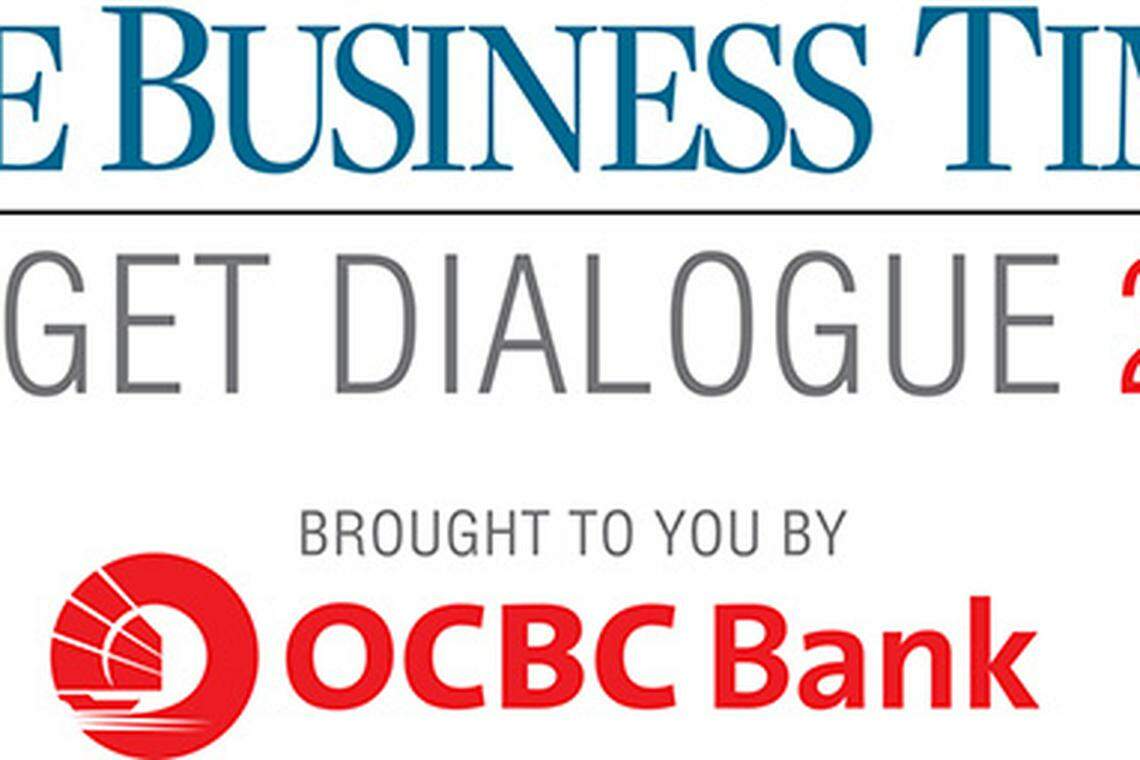Growing focus on sustainability gives Singapore an edge in green economy
High awareness of climate crisis creates opportunities for businesses to set themselves apart in this domain.

THE sustainability agenda presents "green shoots" of opportunities for businesses, particularly those that have "raced ahead" to make this their basis of differentiation, now that there is a high awareness of the climate crisis in Singapore, said Linus Goh, the head of global commercial banking at OCBC Bank.
"In the initial years, there was an awareness, but there was some passive resistance because issues of the day took precedence," he said during The Business Times Budget Dialogue 2021, presented by OCBC Bank.
In the last two years however, this awareness among businesses has gone beyond "just being polite" and "acceding to things that are being promoted and encouraged", he added.
"They have gone beyond the issues of figuring out whether it is a cost-efficient way to accede to a new way to do business, but more importantly, they have discovered markets, customers who require standards to be fulfilled," said Mr Goh.
Concurring, Minister for Trade and Industry Chan Chun Sing said companies are realising that the sustainability agenda and economic efficiency need not be mutually exclusive, adding that there is now a "greater intersection" for both to be achieved at the same time.
This, he said, has created an interesting space for Singapore as the Republic has several sustainable solutions - in water and energy management as well as building design - that can be exported to the rest of the world. It could also use its brand as a trusted player to develop a carbon trading market in the future.
A NEWSLETTER FOR YOU

SGSME
Get updates on Singapore's SME community, along with profiles, news and tips.
"There are many areas where we can have an edge in this new domain or green economy, as they call it. We are pretty excited and are going to invest more of our effort to do this," said Mr Chan.
He added that while Singapore had early success in water management, the next lap of its challenge is now energy management.
With the growing interest and awareness in sustainability, OCBC launched its SME Sustainable Financing Framework late last year in a bid to simplify access to green finance for small and medium-sized enterprises (SME), and Mr Goh said this has drawn positive reaction from companies.
"Many of the small players are themselves the catalyst, the change agents, the enablers of these new capabilities, whether it's in alternate energy or efficiency or waste water treatment.
"So they feel more empowered when you have an all-of-government effort, a whole-country effort plus the enabling finance to move them along," he said.
Mr Chan said green finance brings "tremendous opportunities" to Singapore, since one challenge is the lack of trusted and verifiable standards, such as an audit trail that can assure people what they are paying for.
"Therein lies the advantage to trusted jurisdictions like Singapore because when we say that this is really green, it means that we are able to provide the audit trail for the entire chain," Mr Chan said.
Meanwhile, one challenge of the green economy - which has become even more dire with the ongoing Covid-19 pandemic - is the need to secure food and medical supplies that are safe and of good quality in a sustainable way, Mr Chan said.
To that, the minister said the growing number of alternative-protein companies investing in Singapore has the potential to transform the way food is produced for the growing middle class in Asia.
With these capabilities in agri-tech, Singapore will thus be competing on the basis of sustainability and quality, rather than cost, to become a hub in the global value chain for this "new generation of food", he said.
Asked if the government is looking to regulation, such as carbon tax, to push more companies towards being green, Mr Chan said there is no real need to, since many companies are already pushing themselves to do this.
Giving the example of an alternative-protein startup he recently visited, Mr Chan noted that in making its business model viable, it has factored in a much higher carbon price than current levels.
"We are very encouraged that the new generation of companies are all very conscious of the real energy price, the carbon price, but most importantly, the shadow carbon price that they might have to contend in," he said.
However, he noted that other conventional industries would have to start thinking about whether they can stay economically viable even with a higher carbon price.

KEYWORDS IN THIS ARTICLE
BT is now on Telegram!
For daily updates on weekdays and specially selected content for the weekend. Subscribe to t.me/BizTimes
International
Thailand to appoint former energy executive Pichai as finance minister, sources say
Consumer gulf widens as demand for premium and budget foods grows
‘To the Future’: Saudi Arabia spends big to become an AI superpower
Malaysia ex-PM Mahathir facing anti-graft probe in a case involving his sons
Overcrowded Venice begins charging day-trippers for access
South Korea readies new system to detect illegal short-selling
